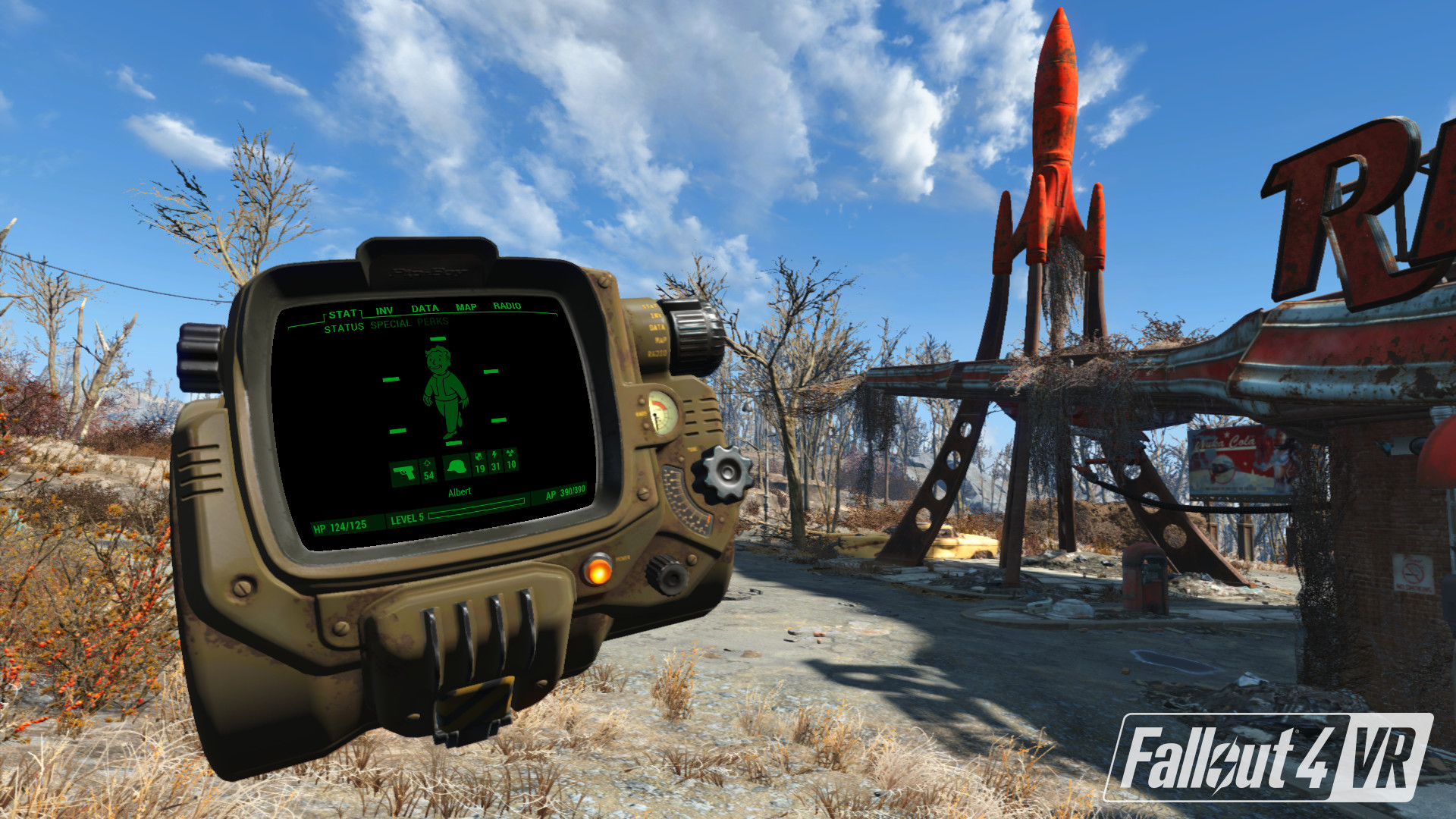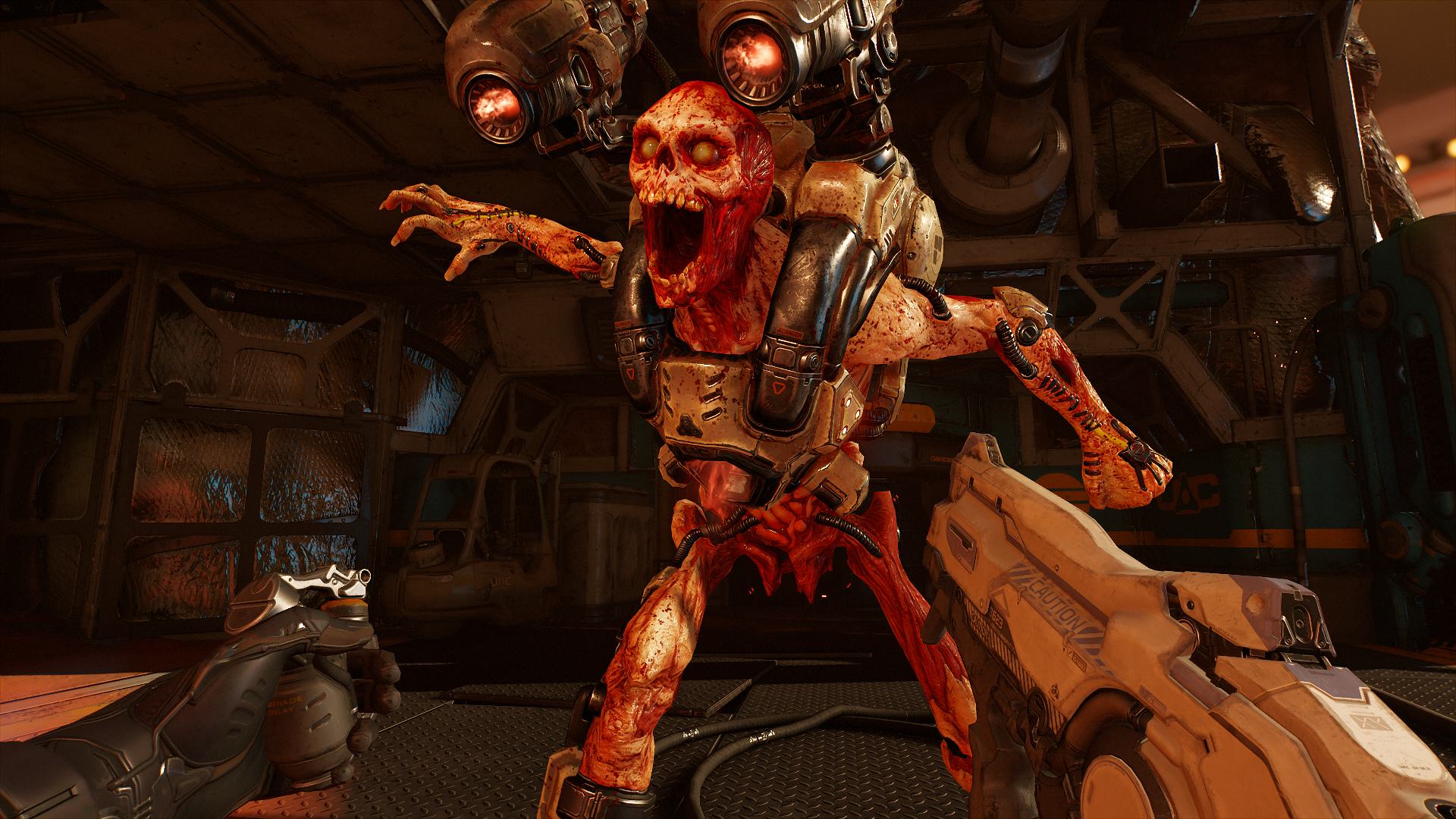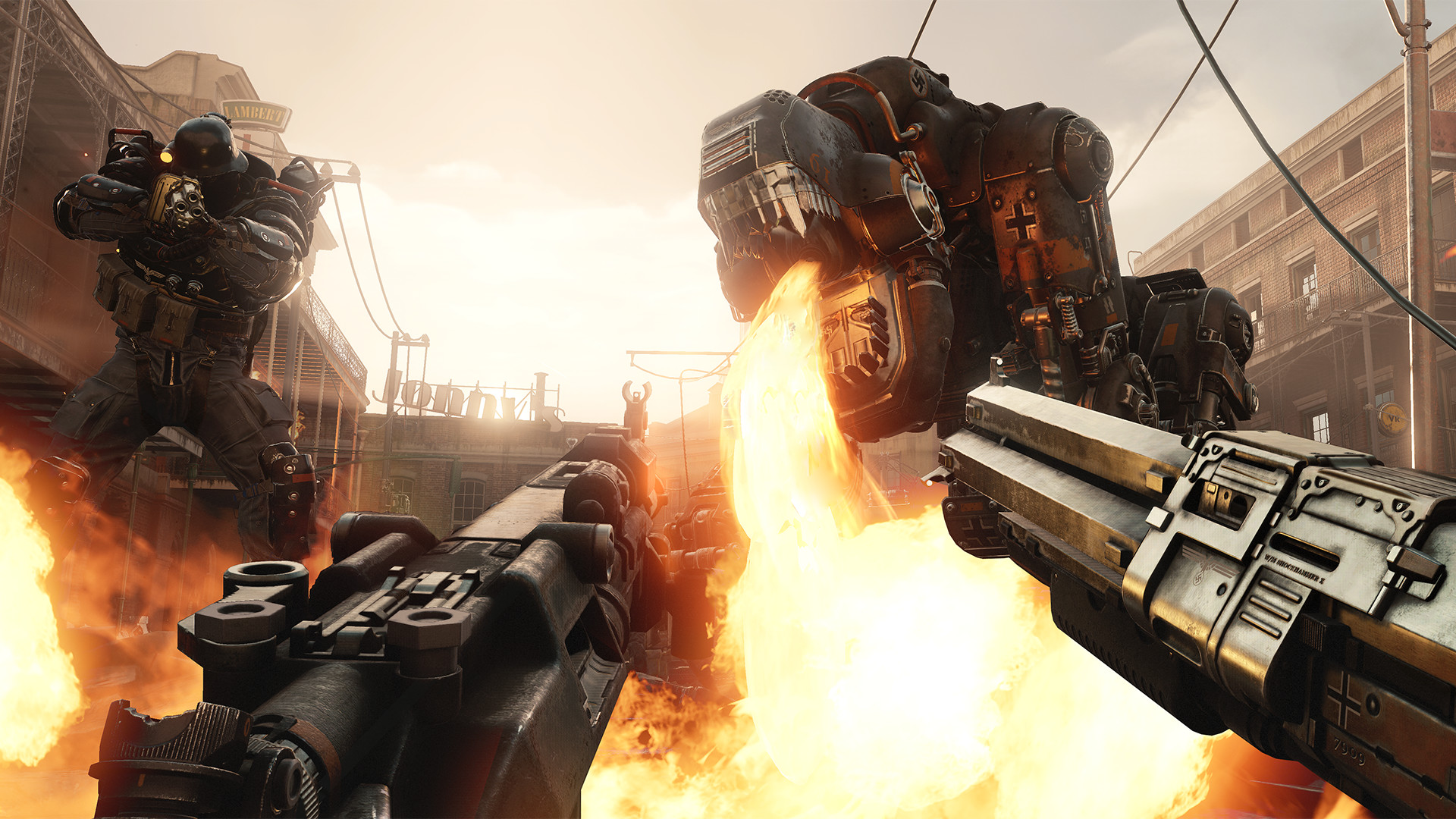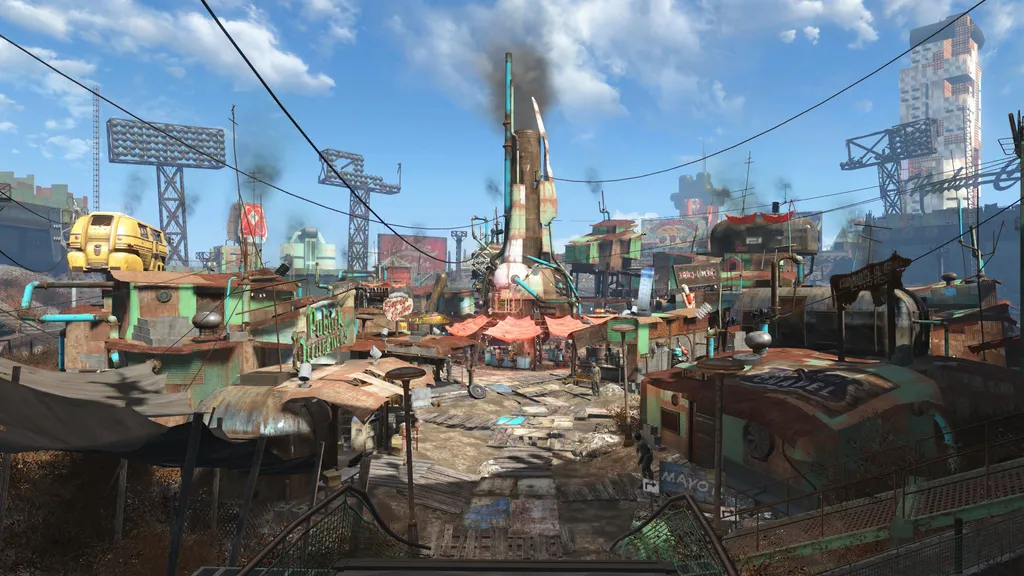For the past year or so, Bethesda has been at the forefront of the VR gaming scene. Last year they released Fallout 4 VR, Skyrim VR, and DOOM VFR — all of which sold “really well” — and now they’re developing two more VR games focused on the Wolfenstein and Prey franchises, as well as a VR port of The Elder Scrolls: Blades, an upcoming mobile game.
That’s a lot of VR from just one company. Ubisoft, Sony, and Oculus are perhaps the only other major publishers/developers that are as actively involved in VR development and you’d be hard-pressed to find any company in the entire game industry with a better overall track record than Bethesda.
Naturally, this makes me curious about just how heavily involved in the VR ecosystem they intend to be. There aren’t that many headsets out there, at least not compared to the millions of PS4 systems, PCs, mobile devices, Xbox Ones, Nintendo Switch consoles, and more. Until VR reaches that critical mass point we’ll likely have to settle for ports and tiny spin-off projects. But if most of them are as good as Skyrim VR, I’m not gonna complain.
At E3 2018 we got the chance to speak with Bethesda’s Senior Vice President of Global Marketing and Communications about their plans for the future of VR, as well as Fallout 4 VR on PSVR and Fallout 76’s absence of VR support.
“Every studio that we have is thinking about the kinds of things they can deliver on different platforms, but it’s always going to be a case of deciding if it’s a good fit for timing and the experience,” said Hines. “Any of those guys have carte blanche to come up with anything, but it really resides at that level as opposed to me going to Harvey Smith [Arkane Studios Director) and saying, ‘Harvey, I want Dishonored in VR.’ It needs to come from Harvey coming to us. They have to be the ones to come up with it and say how they’re going to do it. It has to come from the programmers and artists to say this is what we could do and this is how it would work with this experience.”
Having played plenty of VR games that either don’t feel like they were adapted to VR well or should have never been in VR to begin with, this is great to hear. Developing games for VR is just as much about delivering something that feels right as it is delivering something fun and good.
“That doesn’t mean we don’t talk about it of course, like if they’re considering VR, but it’s more like that context of what are you thinking and not demanding a game and platform from our developers,” said Hines. “VR is still on our radar and it’s something we want to continue to support, but it’s got to be case-by-case, where does it make sense, and where is it a good fit. When we talk to devs we just want to make sure that they are considering and talking about all things.”

When it comes to VR development, not many studios can really say that they have a firm grasp of what it takes to deliver a high-quality VR experience. Some indie companies have perfected a very specific thing, but it’s been hard to craft massive VR worlds at large scales for the most part. Which is why having a company like Bethesda involved is so important.
“We now know what it takes to ship something in VR,” said Hines. “The Escalation Studios guys did a ton of work on both of those VR games [Skyrim VR and Fallout 4 VR] and they will tell you pretty quickly about what does and doesn’t work and how to do things correctly.”

As a fan of the industry and someone that covers games and VR professionally, it’s great to see a large company like Bethesda committed. Their press conference featured three VR announcements, while Sony — the manufacturer of the highest-selling non-mobile VR headset in the world — only showed a single game during their presentation, which isn’t even exclusive to the VR platform. E3 overall was a disappointment for VR gamers, but Bethesda is doing a great job of keeping that carrot dangling in the distance.
“We push the boundaries more than anybody else when trying to create a sense of immersion, particularly with respect to interactivity,” explained Hines. “There are lots of games that do lots of big worlds, but what those folks do with objects, for example, you can go into a room and see a dish or a phone on a table, but nothing you do can change that or pick anything up. But you often can and do in BGS games. A weapon shop isn’t just textures on a wall, but you can go grab it and try to run away. That sense of place and interactivity really does take those games to a different level in terms of what they offer.”

Hopefully we will see many more Bethesda games in VR over the next few years, especially once standalones become more prevalent. What are some of the Bethesda franchises you’d like to see in VR? Let us know down in the comments below!


























